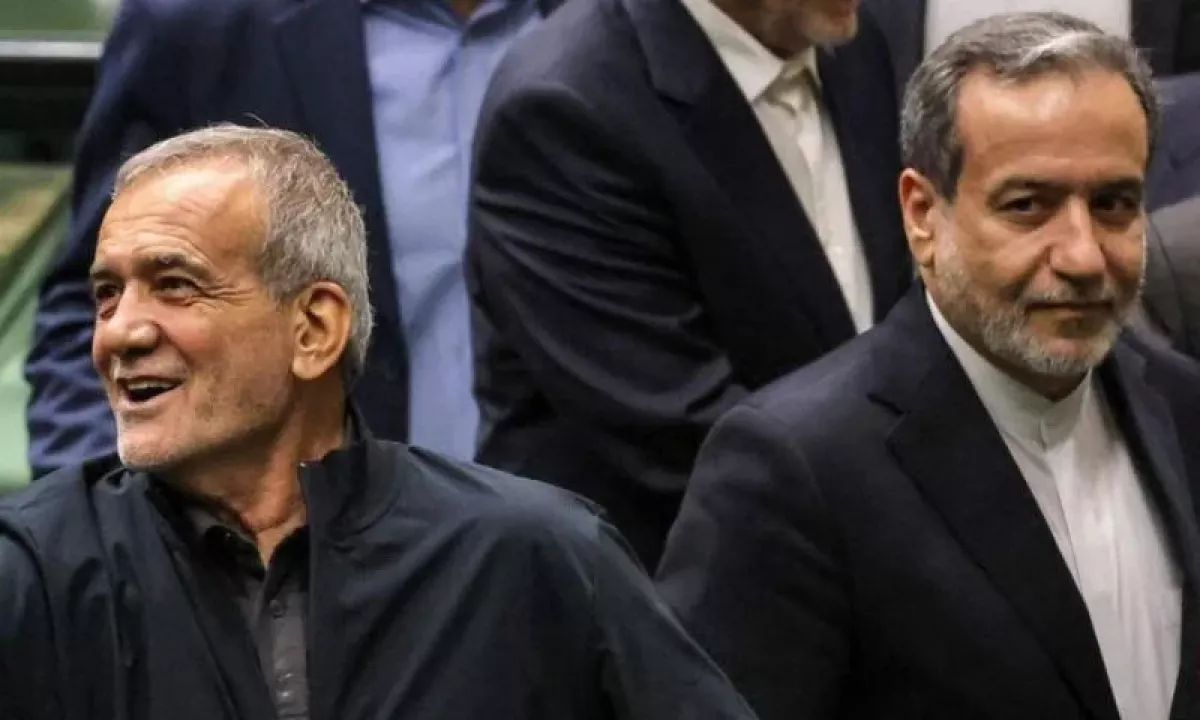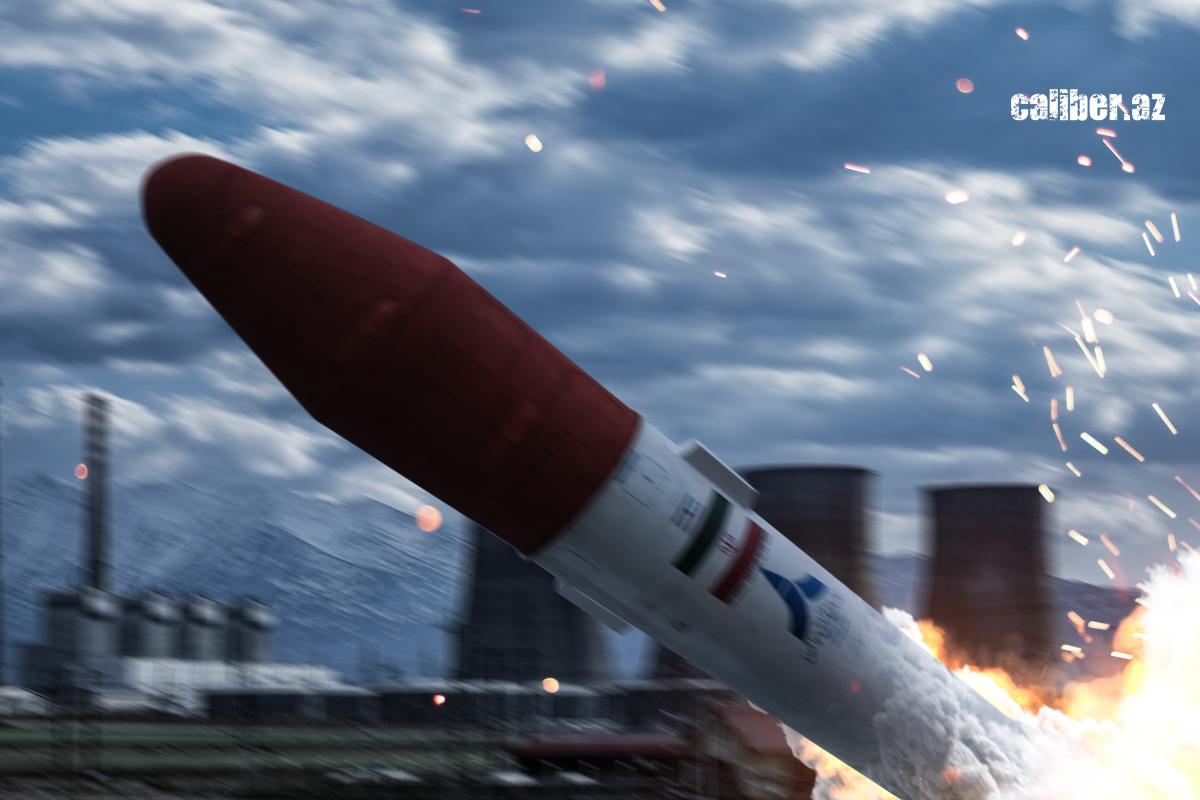Pezeshkian's presidency sparks hope for Iran nuclear deal revival An unlikely agreement
After a month of inauguration, the newly elected president of Iran, Masoud Pezeshkian, continues sending positive messages to Western countries, particularly regarding the nuclear deal to ease international sanctions imposed on Iran. Although Pezeshkian clearly outlined Iran's foreign policy priorities, such as strengthening ties with Russia and China, he left room for optimism about normalizing ties with the West.
Masoud Pezeshkian’s views are slightly softer than those of Iran's Supreme Leader Ayatollah Ali Khamenei, to whom any Iranian president is subservient on matters of national security. One of Pezeshkian’s primary foreign policy promises has been a return to the Joint Comprehensive Plan of Action (JCPOA) nuclear agreement, which was signed in 2015 but fell by the wayside after the US withdrew in 2018. Undoubtedly, the return to JCPOA is the main condition for easing economic sanctions on Iran despite the fact that chances are poor due to Tehran's stance. Given the complexity of the task, Masoud Pezeshkian appointed Abbas Araghchi, a chief negotiator of the 2015 nuclear deal, a new foreign minister.

Aragchi, a career diplomat, is known for his "positive attitude" toward the West and is therefore considered an ideal candidate for this role. Hence, it is most likely that Abbas Aragchi is supposed to be the key person between the new Iranian government and Western countries, namely the European Union (EU) and the United States (US), in an effort to normalize ties.
The main idea behind Pezeshkian’s attempts to revive the nuclear deal is to lift the sanctions that have long crippled Iran’s economy. Sanctions relief is seen as a gateway to numerous benefits, including the full reintegration of the Islamic Republic into the global financial system. Moreover, following several years of rule of conservative cabinet in Iran led by the late President Ebrahim Raisi, the tensions between Tehran and the West reached the point of no return, while Masoud Pezehskian's new government endorsed by the Supreme Leader Ayatollah Ali Khamenei highlights the concern among the top of the ruling elite. Under Raisi, Iran pursued a policy of closer alignment with Russia and China as the latter is now the largest purchaser of sanctioned Iranian oil, while Iran has provided Russia with drones for use in Ukraine, attracting new US, European Union, and UK sanctions.

As such, Pezehskian’s new government received the green light from hardline conservatives to initiate the normalization of ties with the West on favorable terms. If successful, the normalization could lead to the partial elimination of economic sanctions, enabling the Iranian authorities to deal with the harshly worsening socio-economic situation in the country. The shrinking economy and devaluation of the national currency were the main catalyst behind mass violent riots in Iran in 2023 against the ruling Islamic regime.
Similar to statements of hardliners, Masoud Pezeshkian supports the narrative that the US influence across the globe is declining and power has shifted from West to East, but new poles have not been established. Nevertheless, some other members of the reformist wing are skeptical of Pezeshkian's attempts to revive the JCPOA and normalize ties with the West. Instead, they are confident that Iran should not cling to Russia, China, or America and must stand in the middle of this triangle.
Notably, President Pezeshkian represents a more pragmatic posture and less confrontational posture toward the outside and the inside. Notwithstanding the new government's ambitions on the nuclear deal, the influence of the Supreme Leader and the Iranian Revolutionary Guards Corps (IRGC) in Iran's domestic and foreign policy is indisputable. Given the conservative nature of the IRGC and its loyalty to the Supreme Leader's vision, the institution will maintain its strict control over the country's military and proxy forces across the Middle East. Consequently, in light of the ongoing Israel–Hamas war, Pezeshkian's government will continue facing challenges abroad and at home, which will make the potential nuclear negotiations tougher.








